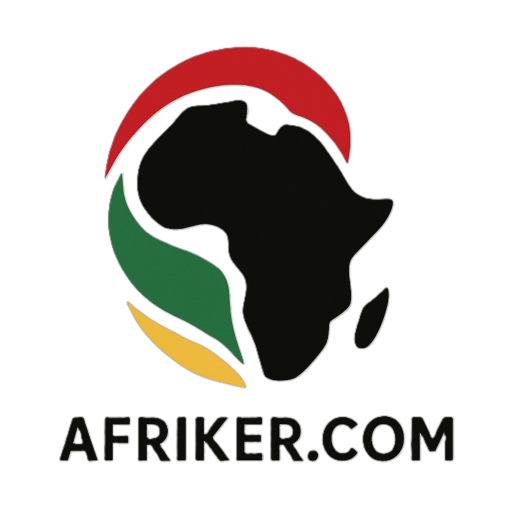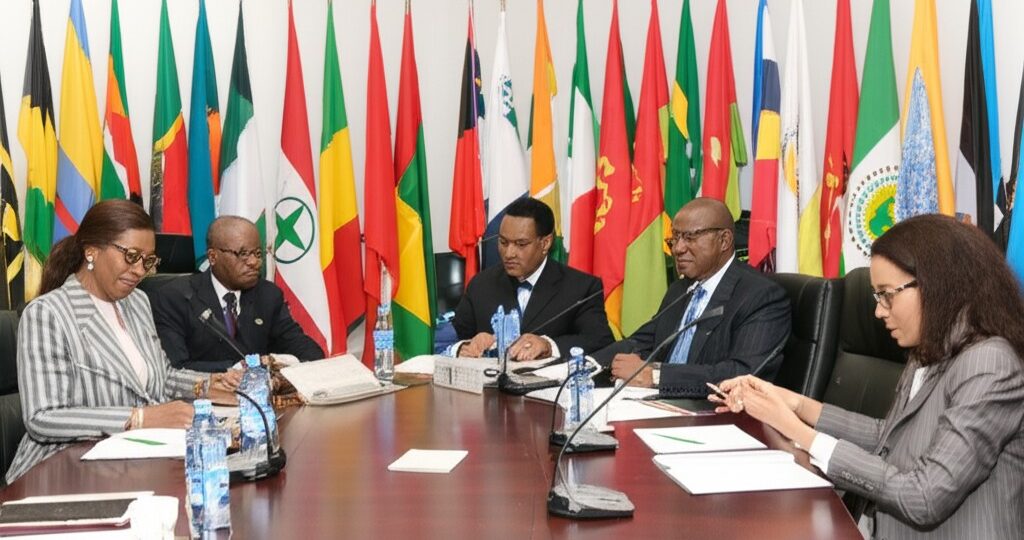The narrative of democratic progress in Africa, once celebrated with the proliferation of multi-party elections and constitutional reforms, faces an undeniable challenge. In recent years, a troubling wave of political instability and democratic backsliding has swept across West and Central Africa, casting a long shadow over the continent’s political landscape. From the Sahelian states of Mali, Burkina Faso, and Niger to the coastal nation of Gabon, the familiar pattern of military takeovers and contested elections has reignited critical conversations about the very foundations of governance.
This isn’t merely a regional anomaly; it’s a profound moment of introspection for Africa and its international partners. This article will delve into the multifaceted causes and implications of this recent surge in coups, examine the contentious debates surrounding constitutional changes, election integrity, and presidential term limits, and explore the powerful discourse around sovereignty and external influence that shapes the future of democratic governance in a continent asserting its agency.
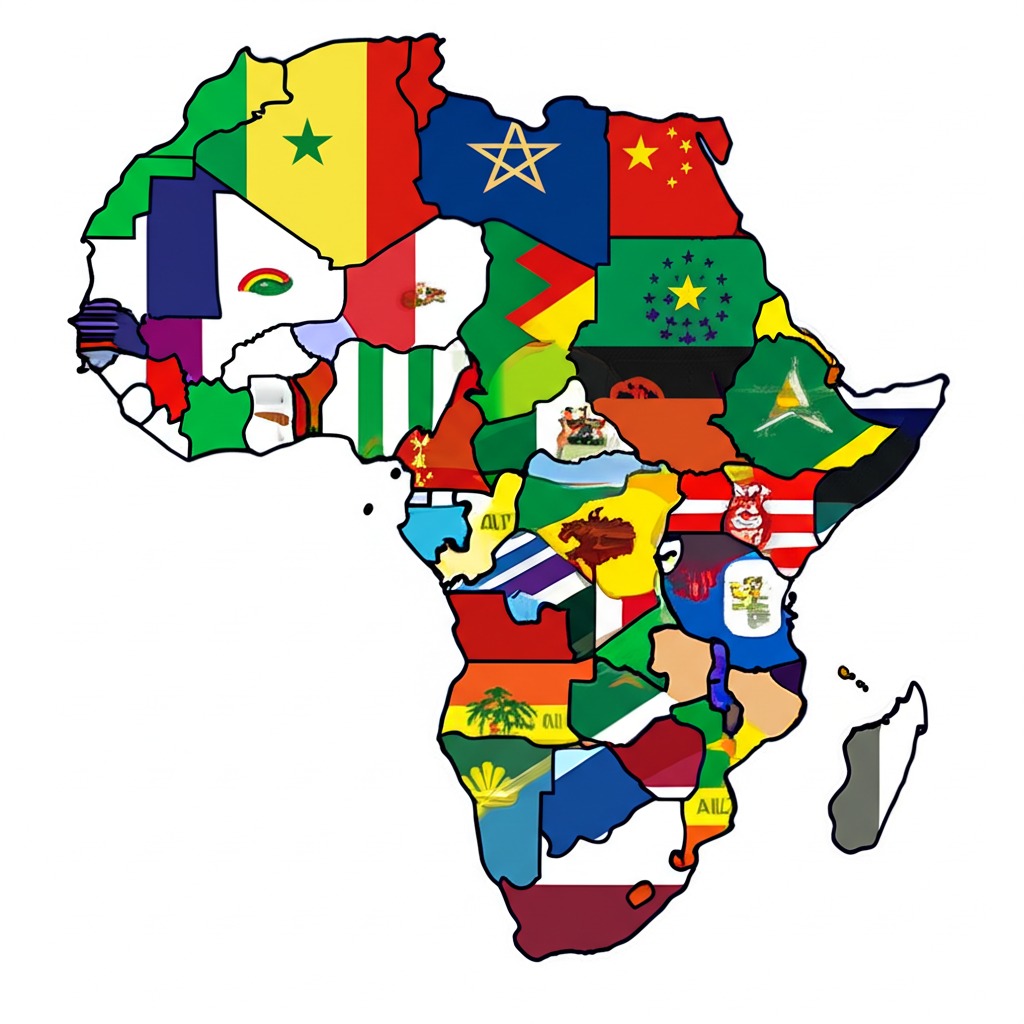
The Return of the Barracks: A Wave of Military Coups
The 21st century had largely seen the military’s retreat from direct political intervention in Africa. However, beginning in 2020, a disturbing trend re-emerged, primarily concentrated in the West and Central African regions.
The Sahelian Epicenter: Security, Disillusionment, and Takeovers
The Sahel region, already grappling with a devastating extremist insurgency and humanitarian crises, has become the epicenter of this coup contagion.
- Mali (August 2020 & May 2021): The initial coup removed President Ibrahim Boubacar Keïta amidst widespread protests against corruption and the government’s inability to stem jihadist violence. A second coup, less than a year later, solidified military control.
- Burkina Faso (January 2022 & September 2022): Similar to Mali, the coups here were justified by the military on the grounds of failed counter-terrorism efforts and a civilian government perceived as ineffective. Public frustration over insecurity was palpable.
- Niger (July 2023): The ousting of democratically elected President Mohamed Bazoum sent shockwaves through the region and internationally, as Niger had been a key Western security partner. The coup leaders cited the deteriorating security situation, despite a relatively strong democratic record.
In these Sahelian states, the coups often found a degree of public support, fueled by deep disillusionment with civilian governments perceived as corrupt, unresponsive, and failing to provide basic security or public services. The pervasive insecurity caused by extremist groups like JNIM and ISGS became a convenient, and often legitimate, pretext for military intervention. For many citizens, the promise of democracy had not translated into tangible improvements in their daily lives, creating a fertile ground for authoritarian alternatives.
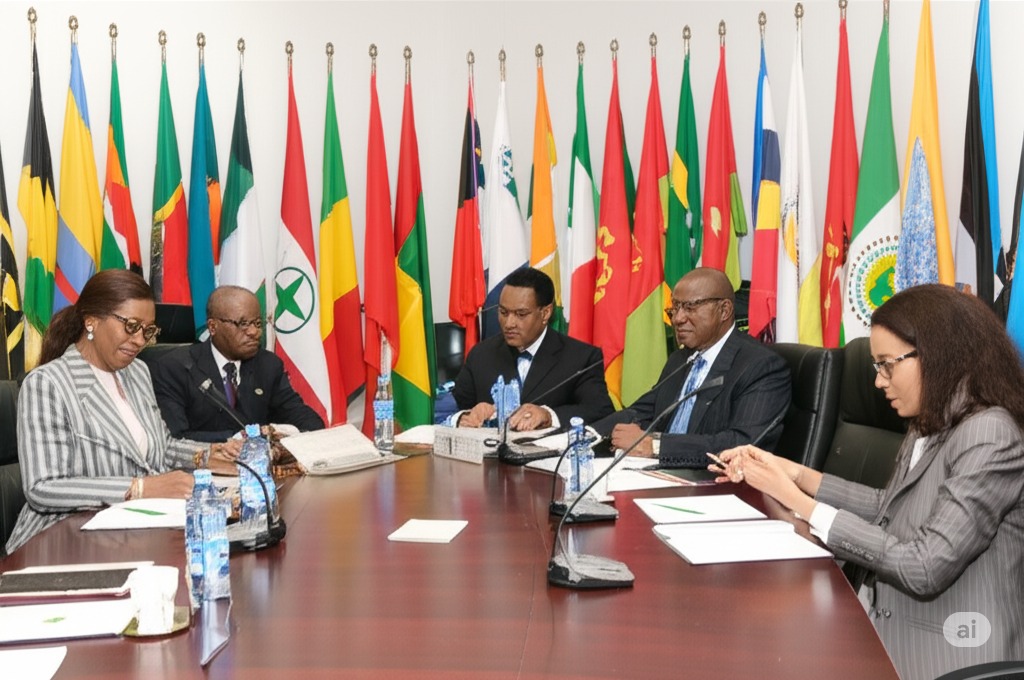
Beyond the Sahel: Gabon’s Dynastic Shift
While the Sahelian coups are primarily linked to security and governance failures, the coup in Gabon (August 2023) presented a different dynamic. It marked the end of a 56-year Bongo family dynasty, occurring immediately after a disputed election that saw Ali Bongo Ondimba declared winner for a third term. Here, the military framed its intervention as restoring order and rectifying a fraudulent electoral process, capitalising on widespread fatigue with entrenched power and perceived electoral impunity. This “palace-to-barracks” transition, while different in context, nonetheless contributed to the broader narrative of democratic backsliding in the region.
The Erosion of Norms: Constitutional Changes and Election Integrity
Beyond the dramatic military interventions, the subtle but equally corrosive undermining of democratic principles has been ongoing for years.
Manipulating the Rulebook: Constitutional Changes and Term Limits
A significant contributing factor to political instability and the erosion of democratic trust has been the persistent trend of incumbent leaders attempting to extend their stay in power through constitutional changes. Many African constitutions, drafted in the wave of democratization in the 1990s, included two-term presidential limits to prevent the re-emergence of authoritarian rule. However, in countries like Guinea (which also experienced a coup in 2021 after a controversial third term), Côte d’Ivoire, and Togo, leaders have pushed through constitutional amendments or interpretations to reset term limits, allowing them to run for additional mandates.
This practice is deeply problematic:
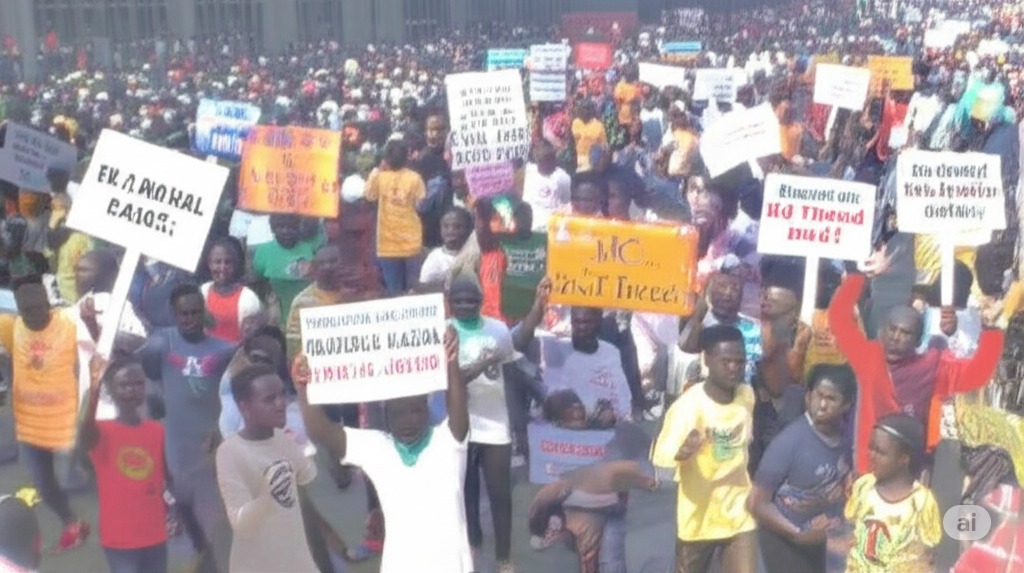
- Undermines Trust: It signals a disregard for the rule of law and democratic norms, eroding public trust in political institutions.
- Fuels Discontent: It often triggers mass protests and political unrest, creating volatile environments.
- Closes Political Space: It limits avenues for peaceful transfer of power, making extra-constitutional means seem like the only option for change.
The Achilles’ Heel: Election Integrity
The integrity of elections remains a critical fault line across the continent. While the sheer act of holding elections is often touted as a democratic achievement, the credibility of these processes is frequently questioned. Concerns range from:
- Voter Registration Irregularities: Suspicions of inflated or manipulated voter rolls.
- Lack of Transparency: Opaque vote counting and results tabulation processes.
- Uneven Playing Field: State control over media, restrictions on opposition campaigning, and misuse of state resources.
- Disputed Results: Results that do not reflect the public’s will, leading to post-election violence and prolonged political crises.
When elections are widely perceived as fraudulent or unfair, they fail to confer legitimacy upon the winners and deepen the public’s cynicism towards democracy itself. This trust deficit creates a dangerous vacuum, making populations more susceptible to the narratives of those who promise radical change, even if it comes through undemocratic means.
Sovereignty, External Influence, and the New Geopolitics
A powerful undercurrent in the recent surge of coups, particularly in the Sahel, has been a potent discourse around sovereignty and a rejection of perceived external influence.
Rejection of Old Paradigms: Anti-French Sentiment and Beyond
In many former French colonies, a strong anti-French sentiment has become a rallying cry for coup leaders and segments of the population. This sentiment stems from:
- Lingering Colonial Resentment: A perception of continued French interference in domestic affairs.
- Security Frustration: Disappointment with the effectiveness of French military interventions (e.g., Operation Barkhane) in containing extremist violence.
- Economic Grievances: Criticism of economic ties and currencies linked to France (CFA Franc).
This rejection of the “old paradigm” isn’t limited to France. It extends to a broader questioning of Western models of democracy and development, often seen as imposing external solutions without fully understanding local contexts or addressing fundamental grievances. This sentiment creates an opening for new geopolitical alignments.
The Scramble for Influence: Russia, China, and Shifting Alliances
Against this backdrop of a reasserted demand for sovereignty, new global actors are actively expanding their influence in Africa.
- Russia: Has emerged as a prominent partner, particularly in security, offering military training and equipment (often through private military contractors like the Wagner Group). Moscow capitalizes on anti-Western sentiment and offers a “no-strings-attached” partnership, appealing to regimes wary of conditional aid and human rights lectures from Western powers.
- China: While primarily focused on economic investment, infrastructure development, and trade, China’s growing presence also offers an alternative development model, often perceived as less prescriptive on governance issues.
These shifting alliances reflect a more assertive Africa, demanding greater control over its destiny and diversifying its partnerships. However, they also raise concerns about the potential for new forms of dependency and the implications for democratic values, as some of these new partners have less emphasis on good governance and human rights.
The Future of Democratic Governance: Pathways and Perils
The current challenges pose existential questions about the future of democratic governance in Africa. While the immediate focus is often on the military interventions, long-term stability requires a more nuanced approach.
The Mixed Record of Regional Bodies: ECOWAS and the AU
Regional organizations like the Economic Community of West African States (ECOWAS) and the African Union (AU) have been at the forefront of responding to the coup waves.
- ECOWAS: Has imposed sanctions, closed borders, and even threatened military intervention (as seen with Niger) in an attempt to restore constitutional order. Their strong stance is critical for upholding democratic norms.
- African Union: The AU has a robust framework against unconstitutional changes of government, often suspending membership for states that undergo coups.
However, these bodies face significant challenges:
- Limited Leverage: Sanctions often hurt ordinary citizens more than the military regimes, and threats of force are difficult to execute.
- Internal Divisions: Member states often have differing national interests and may lack the political will for unified action.
- Perceived Hypocrisy: The failure of regional bodies to consistently address constitutional manipulations or electoral fraud by civilian leaders undermines their moral authority when condemning military coups.
The Power of Citizen Engagement and Civil Society
Despite the setbacks, the aspiration for good governance and democratic rights remains strong among African citizens.
- Protests: While some protests support coups (due to anti-corruption or anti-insecurity sentiments), many others, particularly by civil society organizations, vociferously condemn military rule and demand a return to constitutional order.
- Demand for Accountability: There is an increasing demand for leaders to be accountable, to provide public services, and to respect human rights.
- Youth Involvement: A burgeoning, digitally savvy youth population is increasingly vocal in demanding change and transparent governance.
This vibrant civil society and active citizenry represent a crucial internal force pushing back against democratic backsliding and advocating for genuine reforms.
Beyond Elections: Strengthening Institutions and the Rule of Law
For democracy to truly flourish, it must extend far beyond the mere act of holding elections. It requires:
- Robust Institutions: Independent judiciaries, strong parliaments, and professional, apolitical security forces.
- Rule of Law: A system where laws are applied equally to all, including those in power, and where justice is accessible and fair.
- Press Freedom: A free and independent media to hold power accountable and inform citizens.
- Inclusive Economic Development: Addressing poverty, inequality, and youth unemployment to remove the grievances that make populations susceptible to extremist ideologies or authoritarian promises.
- National Dialogue and Reconciliation: Processes to address historical injustices, ethnic tensions, and foster national cohesion.
Without these foundational elements, elections risk becoming mere rituals, failing to deliver the stability and development that citizens desperately seek.
Africa’s Agency in Shaping its Democratic Future
The current wave of political instability and democratic backsliding in West and Central Africa is a complex phenomenon, driven by a confluence of security challenges, governance deficits, socio-economic grievances, and evolving geopolitical dynamics. While the return of military coups is a stark reminder of the fragility of democratic gains, it is also a catalyst for a deeper conversation about what kind of governance truly serves the African people.
The path forward is fraught with challenges, but it must be one defined by African agency. Regional bodies, civil society, and committed political leaders must work collaboratively to strengthen democratic institutions, uphold the rule of law, and address the root causes of discontent. International partners, in turn, must listen, adapt their approaches, and support genuinely home-grown solutions without imposing external templates.
The future of democratic governance in Africa is not predetermined. It is being forged in the ongoing debates around sovereignty, election integrity, and constitutionalism, and in the daily struggles of citizens demanding better from their leaders. Africa stands at a crossroads, with the opportunity to redefine its political trajectory and build more resilient, inclusive, and genuinely democratic societies for generations to come.
